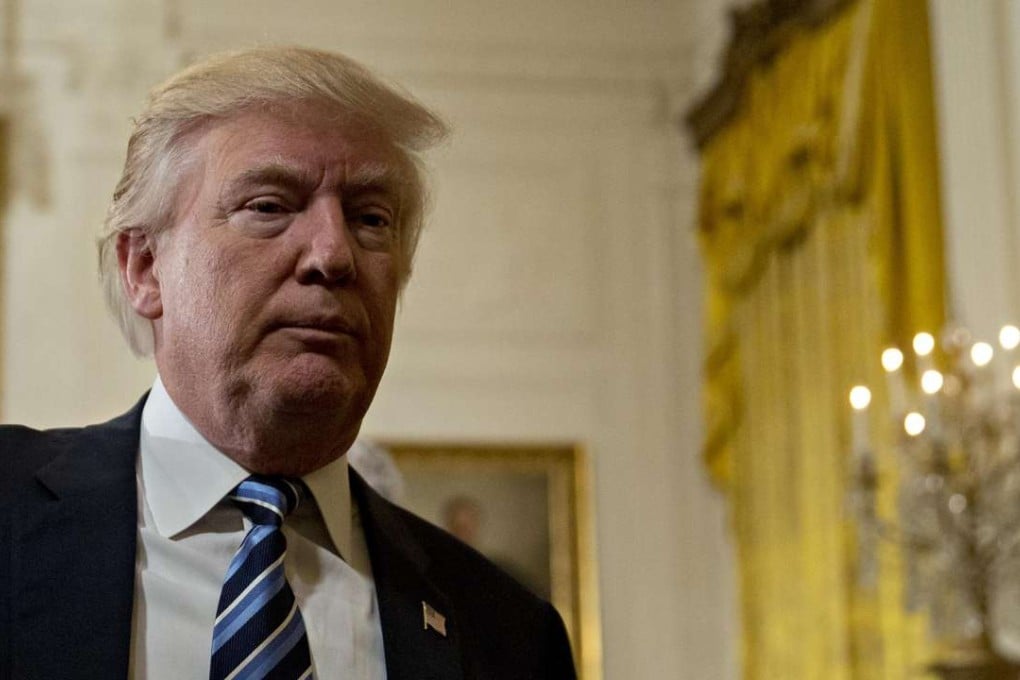My Take | On China, Trump tests Nixon’s ‘madman theory’
US president is playing a game of chicken with Beijing, but can he pull it off?

The late Richard Nixon famously propounded the so-called madman theory of international relations. US President Donald Trump may be uniquely qualified to pursue such a strategy against China. No wonder Beijing is alarmed.
For the theory to work, proponents must be perceived by their adversaries as being unpredictable, irrational, prideful and would respond in ways where the relationships of cost to benefit are entirely disproportionate to the issue at hand.
Described by his critics as narcissistic, impulsive, amoral, and his pride easily hurt, Trump also doesn’t seem to appreciate the depths of his own ignorance and inexperience in government and international affairs. But his reputation for arrogance and egoism may mean he is happy to take charge and pursue his own ideas against expert advice. Indeed, some mainland and Hong Kong news media have occasionally taken to calling him “Madman Trump”.
All this may actually confer a tactical advantage, at least in the short run. Such scenarios have been well studied by political scientists, most notably by Thomas Schelling, the Nobel-winning economist and game theorist who died last month.
From trade and currency to maritime disputes, there are plenty of opportunities for conflicts between China and the US to escalate out of hand. Some political writers have borrowed from Schelling in calling China’s gradually expanding claims in the South and East China seas over decades as “salami tactics”. Each time you make a claim against another country, you take a “slice” that is not big enough to provoke a dangerous response. It’s a long game but when you take enough slices, you have got most of the salami.

